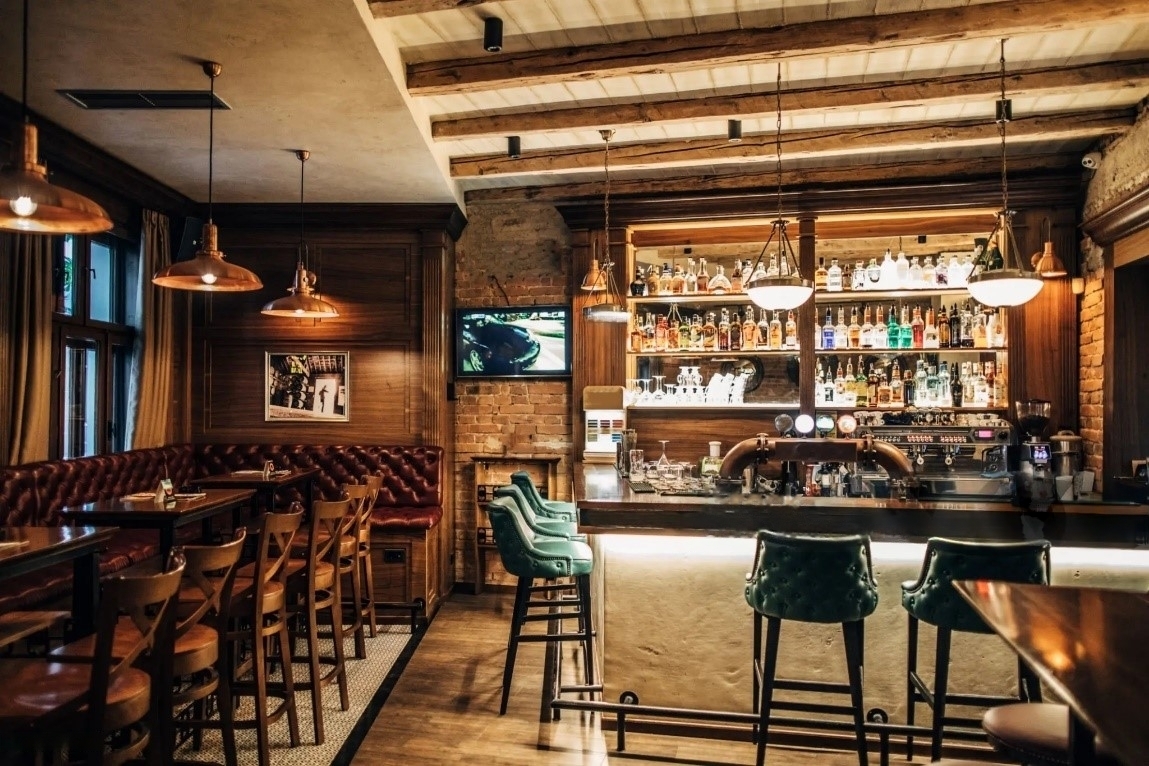Liquor licensing and gaming laws in New South Wales govern the regulation and control of the sale and consumption of alcohol and the operation of gaming machines within the state.
These laws are designed to promote public safety, minimise harm associated with alcohol consumption and gambling and provide a fair and transparent framework for businesses and individuals involved in these industries. Navigating these laws, however, can be particularly complex for businesses and individuals operating in the industry. With strict compliance obligations, coupled with a range of other legal challenges, being guided by dedicated professionals with a depth of legal and industry knowledge is invaluable.
SlaterWatts Lawyers speciality lies in the liquor licensing and gaming industry, and we have over 30 years of experience in this niche area of law. We have helped numerous hoteliers, landlords, tenants, and businesses across a broad range of liquor licensing and related transactions, and day-to-day legal issues and challenges.
We offer Liquor Licensing & Gaming Law expertise in the following areas:
- Strategic advice on the future of the liquor industry
- Commercial leasing (hotel/restaurant/hospitality and retail leases)
- Interpretation of contentious leases and leasing disputes
- Defence of licensees and hospitality employees for infringements under the Liquor Act and Gaming Machines Act
- Appearing for all types of licensed premises in complaint proceedings
- Drafting applications under the Liquor Act and Gaming Machines Act and associated regulations
- Commercial advice on all aspects of sale and acquisition of licensed premises including hotels, restaurants, cafes, small bars and bottle shops;
- Preparing submissions (objections) opposing a Council development application and liquor licence applications; and
- Representing clients in relation to complaints and offences.
- Drafting gaming plans of management and liquor plans of management;
- Advice regarding the various types and conditions of liquor licences for hotels, registered clubs, restaurants & café’s, small bars, catering licences, bottle shops, event organisers, wineries and breweries and associated authorisations;
- Advice on licensing requirements and applications for all types of liquor licences including new liquor licences approvals, extended trading authorisations and Community Impact Statements, change of licensed boundaries, change of licence conditions, primary service authorisations and associated applications;
- Advice on gaming related applications including transfers, sales and acquisitions, increasing gaming machine thresholds, local impact assessments, gaming requirements and operational matters;
- NCAT Reviews and Supreme Court Appeals on Licensing decisions;
- Licensing and gaming related litigation;
- Applying for development consent and development modifications to support the operation of licensed premises;
- Liaising with local council and Liquor & Gaming NSW and other relevant bodies to expedite the approval of liquor licensing applications.
Regulatory Authorities
The sector is regulated by the Independent Liquor and Gaming Authority (ILGA) and the Liquor & Gaming NSW (L&GNSW). These authorities monitor and enforce compliance to maintain the integrity and reputation of the liquor and gaming industries in NSW. The ILGA oversees the granting, renewing, and regulating of liquor licences, ensuring compliance with relevant laws and regulations. The L&GNSW ensures that gaming operations are conducted fairly, transparently, and in compliance with the law.
Liquor Licences
The liquor licensing framework in New South Wales encompasses a spectrum of licence categories tailored to different establishments, namely:
- Small bar
- Microbrewery/small distillery
- On premises (including restaurant, café or catering, surf club)
- Club
- Hotel
- Producer/wholesaler
- Packaged (bottle shop)
- Limited (events and Surf club)
Each type of licence has specific conditions and restrictions, depending on the type of establishment and the intended mode of operation. For example, a packaged Liquor Licence permits a bottle shop to sell packaged liquor for consumption off the premises, however it is not permitted to sell liquor for consumption on the premises – it can only offer tastings.
Obtaining a liquor licence involves a comprehensive application process, which includes demonstrating the suitability of the premises and management, as well as meeting specific advertising and community consultations requirements and responsible service of alcohol and harm minimisation. The ILGA assesses each application based on the premises’ location, trading hours, capacity, and potential social impact on the local community and broader community. In addition, the businesses staff must undergo Responsible Service of Alcohol (RSA) training and adhere to the guidelines to prevent alcohol-related harm and promote responsible consumption of alcohol and where applicable responsible conduct of gaming (RCG) training.
Licensees are required to comply strictly with the conditions of their development consent and liquor licence, including trading hours, noise regulations, and responsible service practices. The L&GNSW, Council and Police conducts regular compliance checks and may impose penalties or revoke licences for serious breaches.
We can help you to identify and apply for the appropriate liquor licence for your business, advise on the relevant laws and compliance requirements, provide guidance to minimise risk, and assist in responding to offences under the Liquor Act or other regulations.
Gaming Laws
Gaming laws in NSW are overseen by ILGA, L&GNSW and NSW Police . Only hotel and club liquor licences are permitted to engage in gaming-related activities, such as the operation of electronic gaming machines (GMEs or PMPs) and betting services. To operate gaming machines a hotel or club must have or apply to increase their gaming machine threshold and then subsequently obtain the relevant number of gaming machine entitlements (GMEs) or poker machine permits (PMPs) it wishes to operate at its premises.
GMEs and PMPs are valuable licences and openly tradeable, however are subject to social impact assessments, transfer restrictions and forfeiture. In addition, the gaming rooms within licensed premises are heavy regulated including the advertisement (namely non-advertisement), implementation of gaming plans of management, licensing requirements and the location of ATM’s.
SlaterWatts Lawyers has extensive experience in advising clients in relation to the Gaming Machines Act and their obligations and can provide you with tailored assistance to ensure that you meet these obligations under the Act and will help you with all other legal matters associated with gaming laws in NSW.
Responsible Service of Alcohol & Responsible Conduct of Gaming
A person who sells, serves or supplies alcohol in NSW must complete a Responsible Service of Alcohol (RSA) training course provided by an approved training provider. This course provides training on how to promote and support a safer community by only selling, serving, and promoting alcoholic beverages in a professional and responsible manner. RSA training ensures that all licensees and their staff comply with NSW liquor laws.
Any person involved in the provision or management of gaming activities within New South Wales, is required to have undertaken and hold a responsible conduct of gaming (RCG) qualification. This encompasses a commitment to ensure the well-being and safety of patrons, promote responsible gambling practices, prevent the problem gambling, and adhere to all applicable laws and guidelines to maintain the integrity of gaming operations. Failure to fulfil these obligations may result in legal consequences and regulatory actions.
Breaches of the Liquor Act
The Liquor Act 2007 regulates the sale, supply, and consumption of alcohol in New South Wales. Those with liquor licences (or who are seeking a liquor licence) must be familiar with these obligations and, as a matter of risk reduction, implement strategies to ensure that these laws are followed.
In practice, the obligations placed on hoteliers, nightclub owners, retailers, producers, and wholesalers are quite complex, and breaches of the law can occur despite the best intentions of liquor licence holders. NSW has an escalating 3 Strikes Scheme, for licensees who commit serious and repeated breaches of their obligations and responsibilities under the Liquor Act. After the conviction of a serious offence, ILGA will consider imposing remedial actions in relation to the licensee or manager who committed the strike offence. This may range from a requirement to undertake training after a first strike, through to disqualification from holding the position of licensee or manager after a third strike. Importantly, ILGA can also seek to impose conditions on a liquor licence which can remain regardless of the change of a licensee. Therefore, when a breach does occur, it is vital to engage a lawyer experienced in defending clients against charges brought under the Liquor Act or Gaming Machines Act.
What Our Clients Say About Us
Liquor Licensing & Gaming Law FAQs
What type of liquor licence do I need for my business?
It depends on your business model. Options include various liquor licence types for small bars, restaurants, cafes, bottle shops, hotels, and more. We can advise you on the most suitable licence type and help you with the application process.
How do I apply for a liquor licence in NSW?
You’ll need to meet suitability requirements, prepare a Social Impact Statement (if required), comply with RSA and RCG training, and submit your application to the ILGA. We can handle this process from start to finish to help minimise delays.
Can you help if my liquor licence application is denied or challenged?
Yes. We represent clients in NCAT reviews and Supreme Court appeals of licensing decisions and can assist with objections, complaints, and licence condition disputes with NSW Police and L&GNSW.
What happens if I breach the Liquor Act or Gaming Machines Act?
Penalties range from fines and strikes to disqualification from being a licensee. We can defend you against infringement notices or complaints, and work to reduce potential consequences.
What are GMEs and PMPs and how do they relate to gaming?
Gaming Machine Entitlements (GMEs) and Poker Machine Permits (PMPs) allow hotels and clubs to operate gaming machines. We assist with acquiring, transferring, and increasing thresholds for GMEs and PMPs.
Do I need RSA or RCG training?
Yes. Anyone serving alcohol must complete Responsible Service of Alcohol (RSA) training. If you’re involved in managing gaming machines, you also need Responsible Conduct of Gaming (RCG) certification and in certain circumstances advance RCG training.
What is a gaming or liquor Plan of Management?
These are mandatory documents outlining how your venue will manage alcohol service or gaming to meet compliance standards. We draft tailored plans that satisfy ILGA and Council requirements.
Can you help with development consent for a licensed venue?
Absolutely. We assist with applying for development consent and modifications needed to support your liquor or gaming operations and liaise with Council to help expedite approvals.
What is the Demerit and Incentives Point System?
The Demerit and Incentives Point System (DIPS) is the current disciplinary regime under the Liquor Act 2007 (NSW), replacing the former ‘3 Strikes Scheme’ from 1 January 2021. Under DIPS, demerit points are imposed on a licence for prescribed breaches, with escalating regulatory action including additional licence conditions, suspension, or cancellation if sufficient points accumulate within three years. The system also provides incentives for licensees who maintain a good compliance record, such as reduced fees or streamlined approvals.
Do you represent both new applicants and existing licensees?
Yes. We assist with everything from new licence applications and business sale and acquisitions, to defending clients in disciplinary matters and ongoing compliance advice.
Do you offer legal services for selling and acquiring businesses with liquor or gaming licenses?
Yes, we offer comprehensive legal services for the sale and acquisition of businesses with liquor or gaming licences. Our services include advising on liquor and gaming compliance, conducting due diligence on existing licences, planning requirements, preparing and reviewing sale agreements, and managing the transfer or application of liquor and gaming licences with the relevant authorities. We act for a range of hospitality businesses including hotels, restaurants, bars, and clubs ensuring all regulatory requirements are met throughout the transaction process.
Explore Our Services
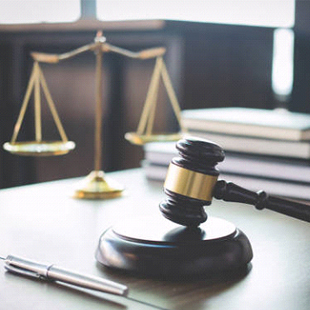
Commercial &
Business Law
Commercial and business law governs the rights, relationships, and transactions of businesses and commercial entities
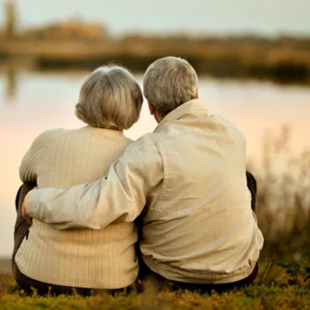
Wills &
Estates
Making plans to provide for your family after you pass away and to manage your affairs as you age or if you are incapacitated, is a sensible way to protect your assets and loved ones.

Dispute Resolution &
Litigation
Going to court is not the only way to resolve a legal matter – there are several substitutes for litigation..

Retail Leases
Retail leasing law covers the legal rights, responsibilities, and agreements between landlords and tenants in retail spaces.
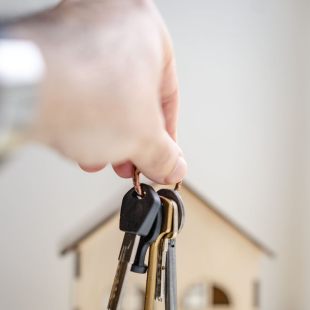
Conveyancing &
Property Law
Property law and conveyancing are key areas of our practice and we will assist you in dealing with all types of interests in property.
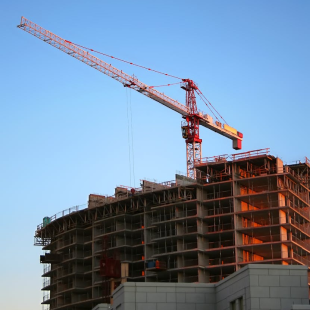
Building and Construction
Our firm provides clients with advice on building and construction contracts and disputes. For contracts, we review and providing advice including on scope and risk allocation…


